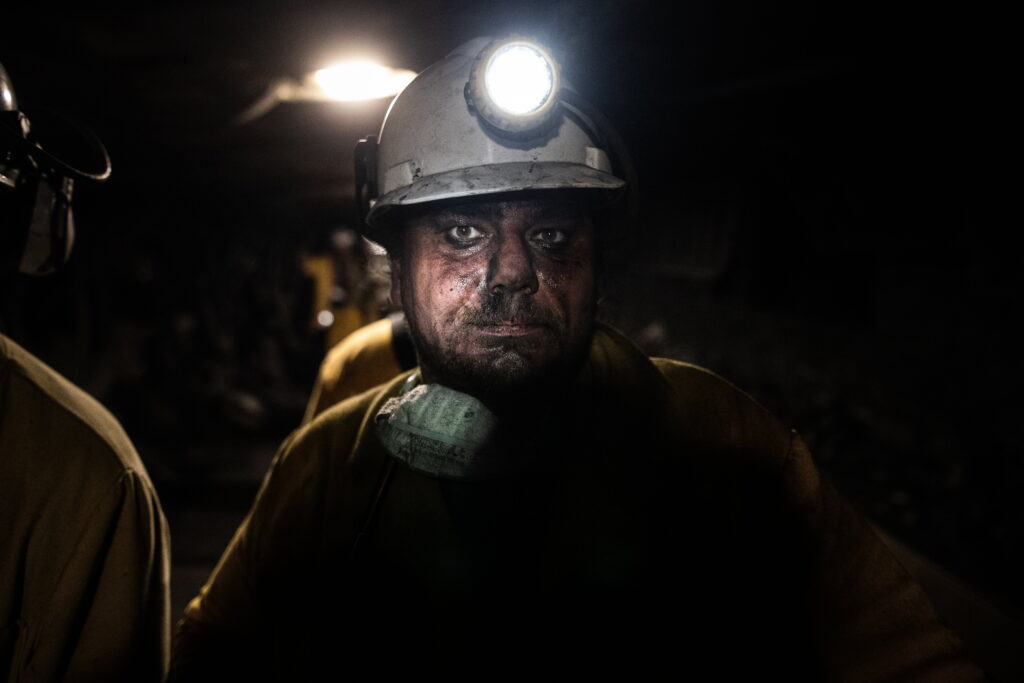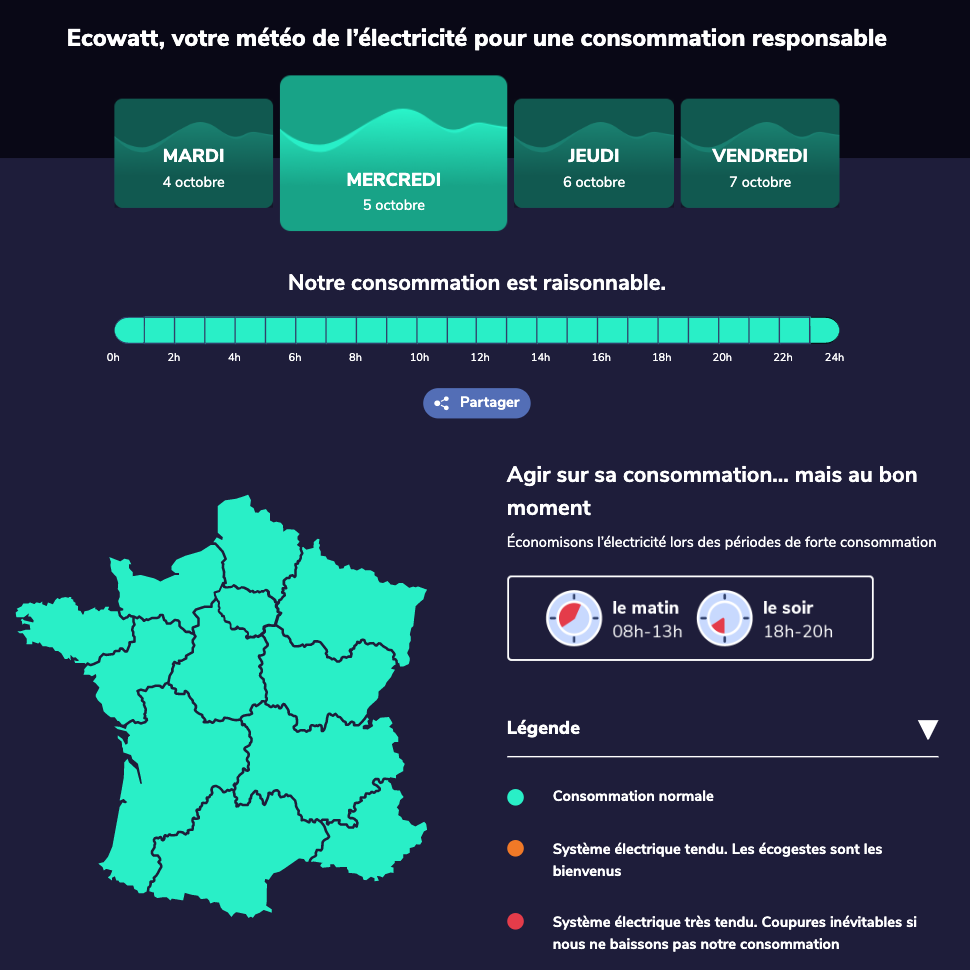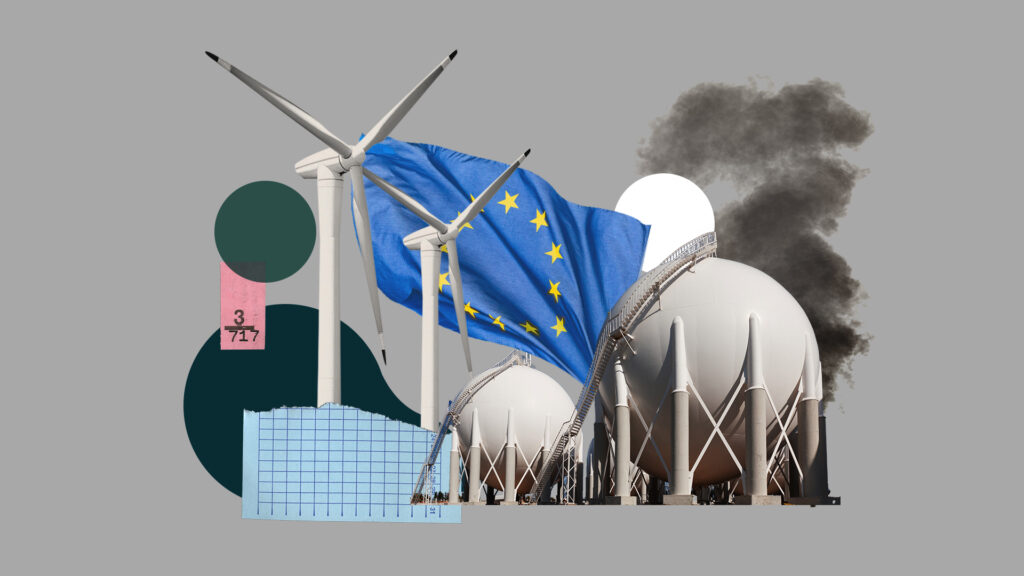While Western Europe talks renewable energy, Poland is scrambling for coal.
Coal is Poland’s primary energy resource, used not only to produce electricity but burned by thousands of households to keep the cold at bay. Supply had never been a problem. Until now.
The Law and Justice (PiS) government treated coal almost as a fetish, with coal miners enjoying some of the most generous state support in the country. To please the mining lobby, the government crippled the development of wind farms, while calls from environmentalists for Poland to heed the warning signs of climate change were dismissed by PiS politicians as leftist propaganda. Studies showing that air pollution is behind the deaths of thousands of Poles every year were ignored.
Poland has enough coal for 200 years, according to President Andrzej Duda. But in fact, while kowtowing to the mining lobby, the government quietly closed many mines, as imports from Russia and Russian-occupied Donbass – in defiance of an EU embargo – were more profitable.
On April 14, some six weeks after Russia invaded Ukraine, Poland imposed an embargo on Russian coal imports. Then the trouble started.
Once-full coal depots emptied. Prices shot up. In June, the government assured the public there was no need to panic-buy; the price would come down.
The exact opposite has happened. PiS leader Jarosław Kaczyński is now telling Poles to buy less and to wait patiently for fresh supplies. The government has ordered fuel from South America, but it’s unclear if it will arrive in time. There are also question marks over the quality of imported coal.
Europe is in for a harsh winter. Poland, in particular. In November 2021, the US warned Warsaw that a Russian invasion was imminent. The government had more than four months to prepare and to confront the prospect of coal shortages. What did it do?






